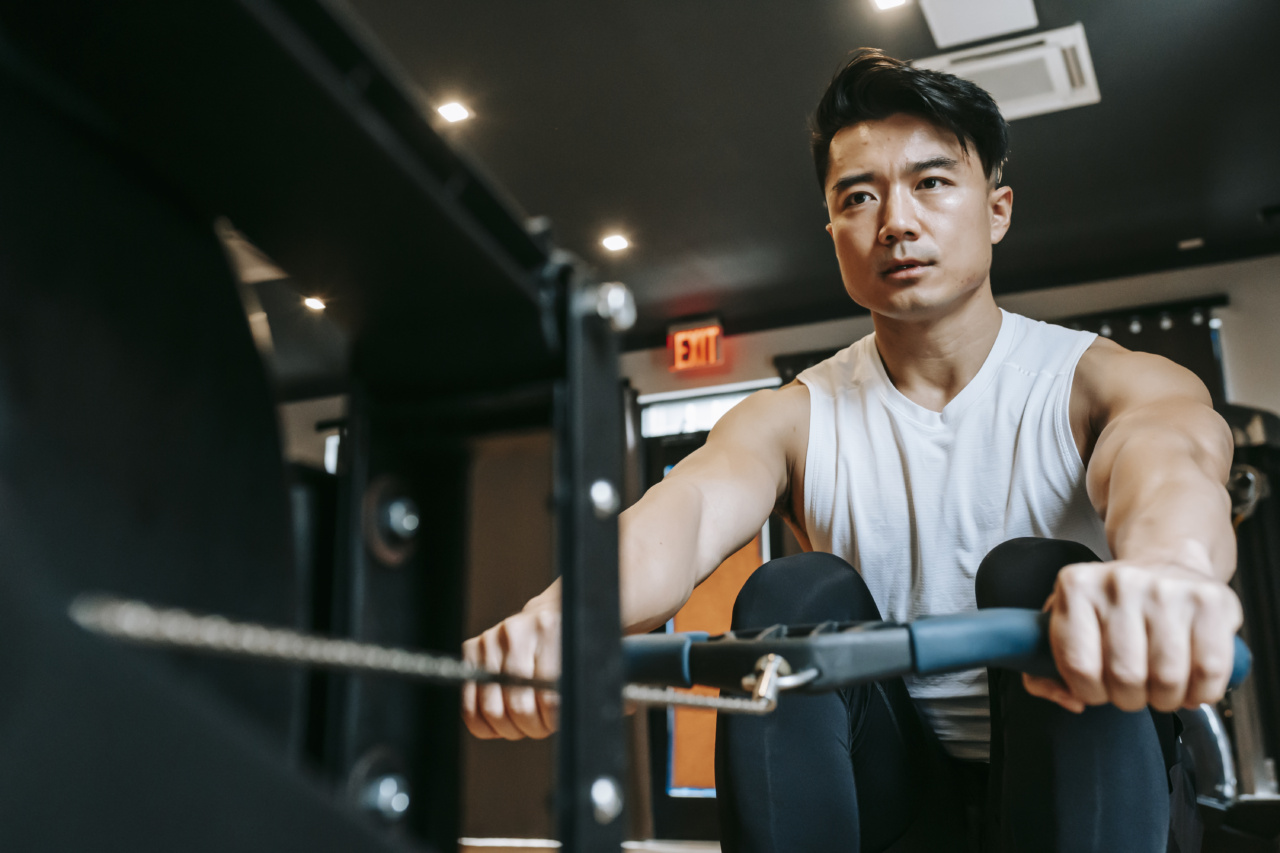Regular exercise is essential for maintaining good health and well-being. It helps reduce the risk of chronic diseases, keeps your weight in check, improves cardiovascular health, boosts mood, and promotes better sleep.
However, for many individuals, exercise can also lead to strain and fatigue, limiting their ability to fully enjoy the benefits.
If you find yourself struggling with muscle soreness, low energy levels, or slow recovery post-workout, it might be time to consider incorporating a specific vitamin into your routine.
This vitamin can help alleviate muscle strain, reduce fatigue, and enhance exercise performance. In this article, we will delve deeper into the benefits of this vitamin and how you can optimize its intake to improve your exercise regime.
The importance of vitamins for exercise
Vitamins are organic compounds that our bodies need in small amounts to function properly. They play an important role in various physiological processes, including energy production, metabolism, and muscle repair.
When it comes to exercise, certain vitamins are particularly crucial to support optimal performance and recovery.
One such vitamin is vitamin D. Known as the “sunshine vitamin,” it is unique because our bodies can produce it when exposed to sunlight.
However, many people still don’t get enough of this essential vitamin, especially those who live in regions with limited sunlight or spend most of their time indoors.
The benefits of vitamin D for exercise
Vitamin D has numerous benefits for exercise enthusiasts. Here are some ways in which this vitamin can help improve your exercise routine:.
1. Enhanced muscle function
Vitamin D plays a crucial role in muscle function. It aids in the absorption of calcium, which is essential for muscle contractions.
Studies have shown that individuals with higher vitamin D levels have better muscle strength and power, allowing them to perform exercises more efficiently.
2. Reduced muscle soreness
Intense workouts often lead to delayed onset muscle soreness (DOMS), which can be quite uncomfortable and limit your exercise capacity.
Vitamin D has been shown to help reduce muscle damage and inflammation, resulting in faster recovery and reduced soreness post-workout.
3. Improved bone health
Strong bones are vital for exercise, especially activities that involve weight-bearing movements.
Vitamin D helps regulate calcium and phosphate levels in the body, promoting proper bone mineralization and reducing the risk of fractures or stress injuries during exercise.
4. Enhanced immune function
Regular exercise can temporarily weaken the immune system, making you more susceptible to infections and illnesses.
Vitamin D has been shown to modulate the immune response, helping to protect against respiratory infections, which can often hinder your exercise routine.
Optimizing vitamin D intake for exercise
Now that you understand the benefits of vitamin D for exercise, it’s important to ensure you’re getting enough of this essential vitamin. Here are some tips to optimize your vitamin D intake:.
1. Get sunlight exposure
The simplest way to boost your vitamin D levels is by spending time in the sun. Aim for 10-15 minutes of direct sunlight on your skin, without sunscreen, a few times a week.
However, be mindful of the sun’s intensity and protect your skin from harmful UV rays after the initial exposure time.
2. Consume vitamin D-rich foods
While it is difficult to obtain sufficient vitamin D through diet alone, incorporating foods rich in vitamin D can still contribute to your overall intake.
Some excellent dietary sources of vitamin D include fatty fish (such as salmon, mackerel, and sardines), fortified dairy products, egg yolks, and mushrooms.
3. Consider supplements
If you live in a region with limited sunlight or have difficulty meeting your vitamin D requirements through sun exposure and diet alone, supplements can serve as a convenient option.
Consult with your healthcare provider to determine the appropriate dosage and form of vitamin D supplement for your needs.
4. Monitor your vitamin D levels
To ensure you’re maintaining adequate vitamin D levels, it is recommended to have your blood levels checked regularly.
This will help you and your healthcare provider assess whether you need to adjust your sun exposure, dietary intake, or supplement dosage.
Incorporating vitamin D into your exercise routine
Now that you know about the benefits of vitamin D and how to optimize your intake, it’s time to incorporate it into your exercise routine. Here are some simple ways to do so:.
1. Take a walk outdoors
Combine your daily dose of vitamin D with light exercise by taking a walk outdoors. Not only will you be getting your dose of sunlight, but you’ll also be engaging in a low-impact cardiovascular activity that promotes overall health.
2. Choose vitamin D-fortified products
When selecting dairy products or cereals, opt for options fortified with vitamin D. This way, you can conveniently boost your vitamin D intake without making significant changes to your diet.
3. Plan outdoor workouts
If weather and safety permit, plan some of your exercise sessions outdoors.
Whether it’s a jog in the park, a yoga session on a grassy field, or cycling through scenic routes, outdoor workouts allow you to combine the benefits of exercise with natural sunlight exposure.
4. Stay consistent
Consistency is key when it comes to any lifestyle change. Make sure to prioritize regular exercise, a balanced diet, and sufficient sunlight exposure to reap the maximum benefits of vitamin D for your exercise regimen.
Conclusion
Exercise is vital for overall health and well-being, but muscle strain and fatigue can often hinder the enjoyment of its benefits.
By incorporating vitamin D into your routine, you can enhance muscle function, reduce soreness, improve bone health, and enhance your immune system’s resilience. Remember to optimize your vitamin D intake through sun exposure, diet, and supplements, and incorporate outdoor activities to make the most of its benefits.
With enhanced exercise performance and improved recovery, you’ll be able to enjoy your workouts to the fullest.































